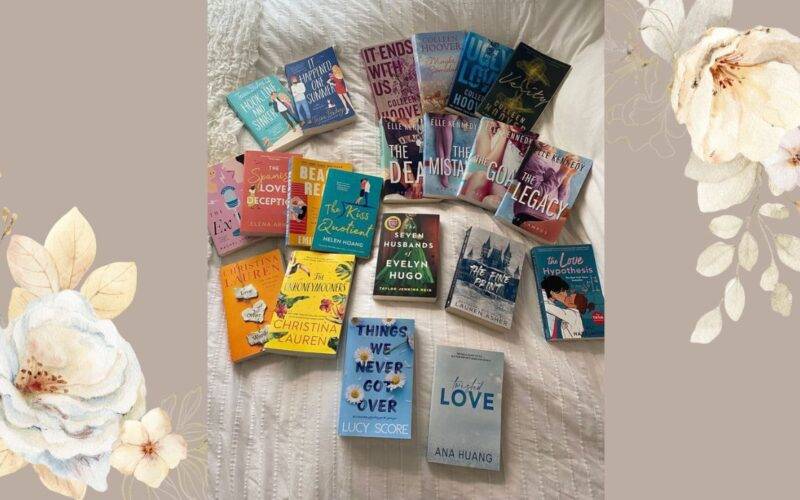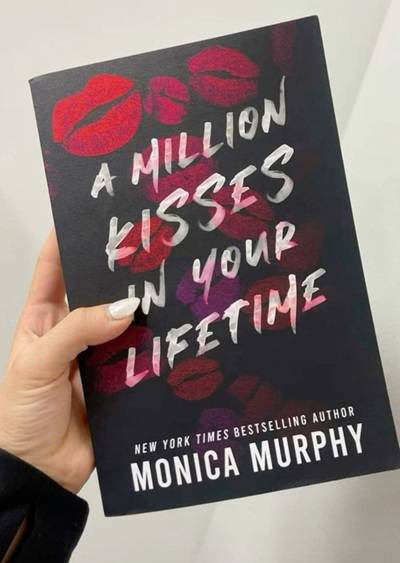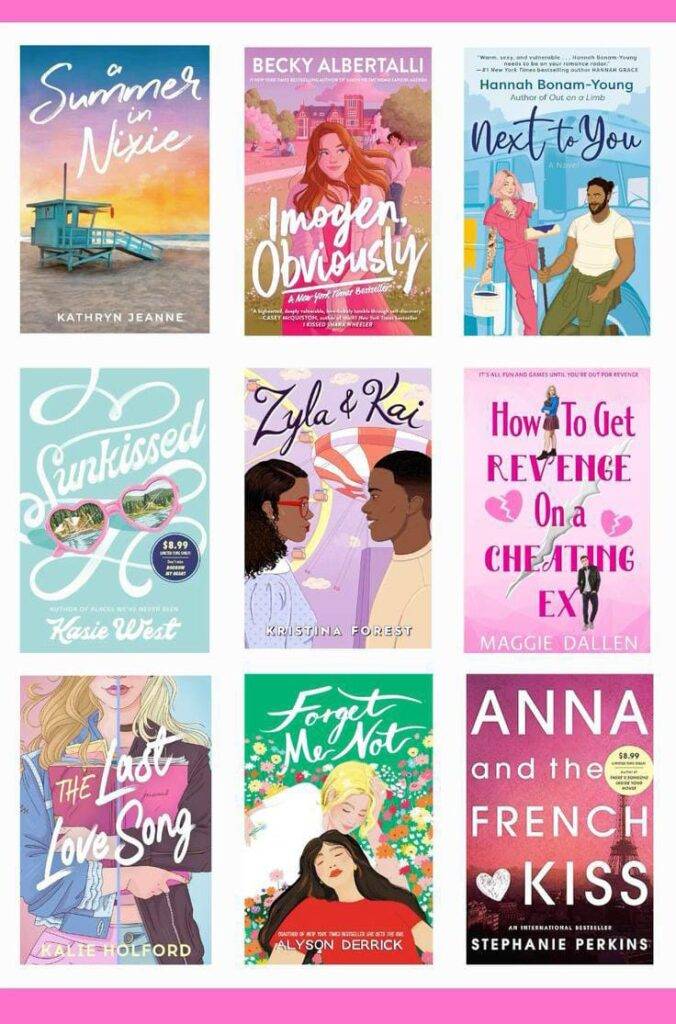Once upon a time, in a land not so far away, teenagers roamed libraries in search of books that spoke their language. Enter Young Adult (YA) literature, a kingdom filled with vampires, dystopian societies, and the occasional awkward prom date. In recent decades, YA literature has become a significant cultural force, captivating not only teens but also adults who secretly read “The Hunger Games” under the covers.
YA literature isn’t just about melodrama and teen angst; it has a rich history that dates back to the days when teenagers were known as “young whippersnappers.” The genre gained momentum in the 1960s with S.E. Hinton’s “The Outsiders,” which boldly proclaimed that teens have feelings, too. Since then, YA has evolved from tales of high school drama to stories featuring apocalyptic scenarios, magical realms, and misunderstood werewolves. It turns out teenagers really like reading about their peers facing impossible odds, probably because it makes math seem less daunting.
YA has always served as a bridge between adolescence and adulthood, providing readers with a safe space to explore the complications of growing up. These books often tackle themes of identity, belonging, and self-discovery, resonating with readers at a time when they are navigating the waters of adolescence. In this sense, YA literature has become a rite of passage for young readers, offering a mirror to their own experiences and a window into the lives of others.
What makes YA literature so irresistible? It’s a concoction of relatability and escapism. YA books tap into the emotions and experiences of adolescence, reminding readers they’re not alone in their journey through puberty’s cyclone winds. From dealing with unrequited crushes to navigating friendships that feel more complicated than a Rubik’s Cube, YA books speak to the heart of teen struggles.
And let’s not forget the escapism factor. Who wouldn’t want to momentarily escape their mundane life for a world where magic is real, and talking animals offer sage advice? YA literature provides an outlet for teens (and adults) to explore fantastical worlds where their wildest dreams can come true. Plus, battling a dragon sounds way cooler than doing laundry.
However, let’s pause for a moment. I think it’s fine, and people shouldn’t be ashamed about reading books written for young audiences. If an adult wants to pick up a YA book instead of *The Brothers Karamazov*, I can’t fault them for doing so. There are only so many hours in the day you can devote to reading; read what you like!
That said, I do have a problem with an attitude I often see on this sub: that reading YA is an act of rebellion against some “pretentious literary culture” bogeyman. The people expressing this attitude say things like “what’s wrong with reading for fun?” — as if “adult” books can’t be fun — and “what’s wrong with reading something easy?” — as if “adult” books can’t be easy. They paint most non-YA literature with broad brushstrokes, basing all their assessments off a few boring novels they were forced to read in high school. That, to me, is shortsighted and unhelpful, not to mention incurious.
So, yes, please read YA! There are many good YA authors churning out excellent novels in this age, and that’s exciting. But being an adult who reads YA doesn’t somehow make you “a man of the people,” so to speak. It doesn’t make you unpretentious. All it means is that you enjoy YA books: no more, no less.
One of the most remarkable aspects of YA literature is its ability to empower the teen voice. These books give adolescents a platform to see themselves as heroes, decision-makers, and people of change. With leads who are just as awkward and angsty as their readers, YA literature helps teens navigate their identity, values, and place in the world.
In John Green’s ‘The Fault in Our Stars’ teenagers grapple with love, mortality, and what it means to leave a mark on the world—all while trying not to trip over their own feet. Through relatable characters and authentic narratives, YA literature helps teens find their voice, encouraging them to speak up and embrace their unique quirks.
Moreover, YA literature often mirrors the diversity and inclusivity of the modern world, providing a platform for marginalized voices and stories that have historically been underrepresented in mainstream literature. This empowers teens from all backgrounds to see themselves represented in the stories they read, fostering a sense of belonging and validation.
YA literature isn’t just for teens; adults have shamelessly jumped on the bandwagon, embracing books originally intended for the young and restless. Why? Perhaps adults long for simpler times when their biggest worry was whether their crush would notice their new braces. Or maybe they just enjoy reading about people saving the world while they procrastinate on doing their taxes.
Whether you’re a 15-year-old navigating high school hallways or a 35-year-old reminiscing about your first heartbreak, YA books offer something for everyone. Plus, reading YA allows adults to maintain their youthful spirits without resorting to TikTok dances.
Moreover, the crossover attraction of YA literature speaks to the genre’s ability to break age barriers and resonate with readers on a deeply personal level.
YA literature has left an indelible mark on pop culture, inspiring countless movie adaptations, TV series, and even theme parks. Hollywood quickly realized that teenagers devour books faster than a squirrel on caffeine, leading to blockbuster adaptations like ‘Harry Potter’, ‘Twilight’, and ‘The Hunger Games’. These franchises have become cultural phenomena, drawing fans from all walks of life who are willing to line up for midnight screenings and cosplay as their favorite characters.
Beyond movies, YA literature has influenced fashion, music, and even social media trends. From dystopian hairstyles to Hogwarts house sorting quizzes, the impact of YA extends far beyond the pages of a book. YA has become a lifestyle—a badge of honor for those who proudly proclaim their allegiance to fictional worlds.
Moreover, YA literature has become a cultural touchstone, shaping how we think about identity, relationships, and societal issues. Through its portrayal of diverse characters and narratives, YA literature challenges readers to question their assumptions and engage in meaningful scripts about the world around them. These books tackle a wide range of topics, from mental health to social justice, providing readers with a safe space to explore complex issues. By delving into the lives of diverse characters, readers gain insight into experiences different from their own, fostering empathy and compassion.
Authors like Angie Thomas, with her groundbreaking novel *The Hate U Give*, challenge readers to confront societal injustices and reflect on their role in creating positive change. Through the lens of YA literature, readers learn that their voices matter and that they have the power to shape a better world.
As technology advances, YA literature has found a new home in the digital realm. Social media platforms like Instagram and TikTok have become breeding grounds for book recommendations, fan art, and spirited debates about which character deserves to be shipped with whom. Hashtags like #BookTok and #YABooks unite readers across the globe, forming communities bound by their love for YA stories.
E-books and audiobooks have also transformed how readers consume YA literature, offering convenience and accessibility. Now, teenagers can discreetly read about vampire romances during math class without getting caught—thank you, Kindle.
The digital age has also given rise to new forms of storytelling, with authors experimenting with multimedia elements, interactive narratives, and transmedia storytelling. This has expanded the possibilities of YA literature, offering readers immersive and engaging experiences that transcend traditional boundaries.
The future of YA literature is as bright as a sparkly vampire in sunlight. As the genre continues to evolve, it promises to tackle new themes, explore narratives, and captivate generations to come. Emerging authors bring fresh perspectives and innovative storytelling techniques, ensuring that YA literature remains a dynamic force in the literary landscape.
From fantasy worlds filled with dragons to contemporary tales that mirror our society’s challenges, YA literature will continue to empower, entertain, and enlighten readers of all ages. So whether you’re a teenager on your first bookish adventure or an adult seeking a nostalgic escape, YA literature invites you to join the never-ending adventure and embrace the magic within its pages.



